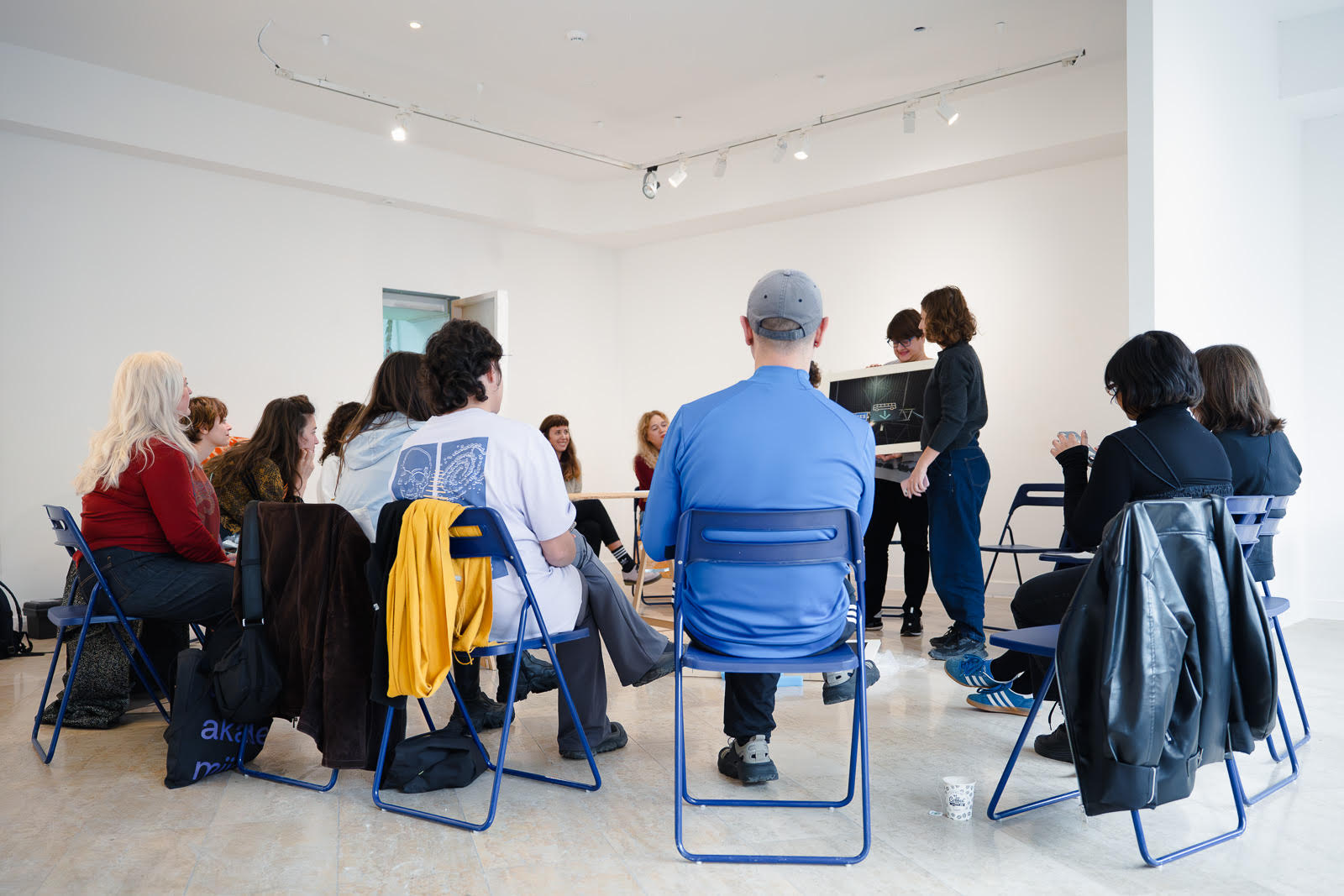Please introduce yourself, and describe what your artistic practice is focused on at the moment?
I’m Pennie Key; I’m a multidisciplinary artist. Right now, I’m in the process of brainstorming a variety of new works. I would like to create a publication that bridges my experiences from sex work and martial arts, focusing on physicality, gender, power, intimacy, consent, and vulnerability. I’m also thinking about creating a workshop titled Versatility, Adaptability & Transferable Skills, aimed at investigating economies of producing art and coping mechanisms for precarity. Lastly, in September 2022, I started a mentorship with Fighting Monkey, a multidisciplinary methodology spanning neuroscience, movement, philosophy and communication studies, which I hope to inform my practice and teaching.
What are your real and desired conditions for art production?
With conviction: studio, community and a reasonable budget.
What are your experiences with collaborative art and educational practices so far?
In the years 20-22 while I was a resident at the Rijksakademie I ran daily (well-attended) workout sessions for my fellow artists, which is definitely one of my biggest accomplishments to date. The workouts are currently on pause but will recommence as soon as I find a space, preferably in a community context, as they have been a safe space for constructive community-building and important mental health support. They were initially intended for artists, but are open to everyone. Since 2021 I have been part of the bimonthly meeting Sharing Artistic Educational Social Practices, run by Elke Uitentuis and Annette Krauss, in which participants with a social practice share and discuss their dilemmas.
How do these times of economic, social and ecological crises affect your art?
I feel that as long as I have been making art I have been in some sort of crisis, so I would say it is an integral part of my practice. My work has always been low budget as I believe that good art doesn’t need to be expensive. In times of not having a space, I developed performance pieces. To deal with the lack of time, I created a circular economy between my artistic practice, my day job in fetish, and being a martial artist.
Name about 10 words/associations/notions that first come to your mind when you think of engaged eco-social participatory practices?
Togetherness, trust, community, friction, commitment, speculations, disagreements, fun, time-consuming, and risk.
.jpg)


